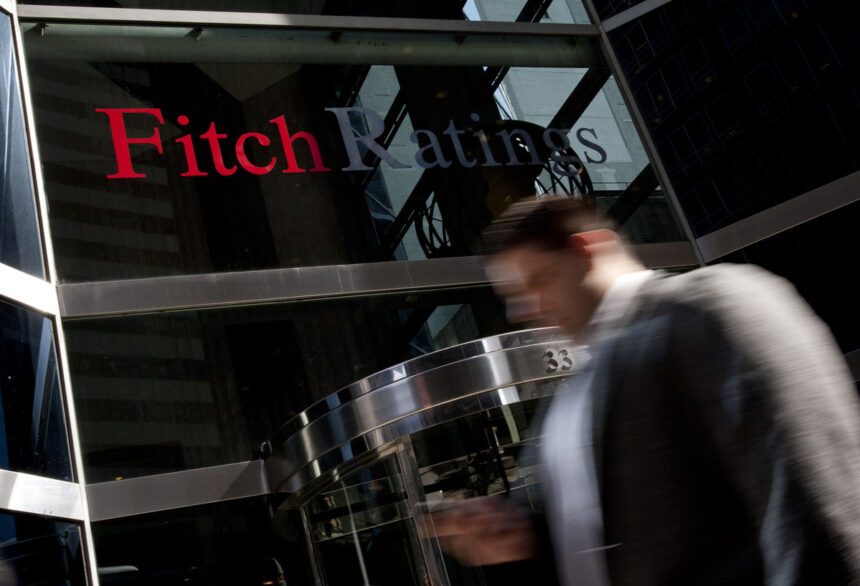The annual inflation is expected to fall to 11% in 2021 and to 9.2% in 2022, according to Fitch Ratings Director.
International credit ratings agency Fitch Ratings organized the ‘Turkey: Sovereign and Financial Institutions Update’ webinar. Speaking at the event, Fitch Ratings Director Douglas Winslow stated that the country’s annual inflation is estimated to decline to 11% by the end of 2021 and to 9.2% by the end of 2022. “This is still above the Central Bank’s forecasts. The 5-year inflation averaged out at 11.7%, which is 3 times more than the countries evaluated in the same group,” said Winslow.
“New interests proceeded to the positive zone by 1.4% considering the annual inflation rate in February, which stood at -5% in June 2020” added Fitch Ratings Director evaluating the monetary policy steps.
“The financing has been carried out through the primary interest rates, which raised functionality,” Winslow said, stressing that strong loan incentives increasing the balance of payments disequilibrium have been declined.
‘Public debt is low’
Winslow also evaluated the country’s fiscal benchmarks. “Turkey’s debt-to-GDP ratio is around 40%, which is a reliable fiscal anchor,” he added. Meanwhile, this ratio stands at approximately 60% in the countries rated by the credit rating agency as ‘BB.’ “This situation supports our overall estimations about Turkey’s budget deficit to fall to 3.9% in 2022, from 4.5% in 2020,” said Winslow.
“Considering the relative growth outlook, we don’t expect a sharp increase in banks’ non-performing loan rates in 2021,” said Lindsey Liddell, Credit Analyst and Head of Turkish Bank Ratings.
‘A more consistent and orthodox policy mix’
Fitch Ratings revised the outlook on Turkey’s Long-Term Foreign-Currency Issuer Default Rating (IDR) to Stable from Negative and affirmed the IDR at ‘BB-’ on February 19.
Fitch Ratings Senior Director and Turkey Analyst Erich Arispe stated on February 23 that the revision of the country’s credit rating from ‘negative’ to ‘stable’ reflects the return of a more consistent and orthodox policy mix with the new economy management, which has reduced the short-term external financing risks.










